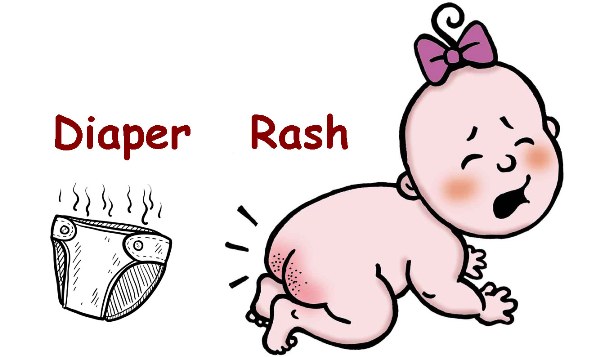Ginkgo Biloba L.: Mental Health Benefits from the World’s Oldest Living Tree
Gingko – A Traditional Medicine The seeds and leaves of Ginkgo biloba are used in traditional medicines. The two main bioactive constituents present in a concentrated standardized extract of Ginkgo biloba are Flavonoid Glycosides (24%) and terpene lactones (6%), which may act in a complementary manner. These molecules act as antioxidants/free radical scavengers, enzyme inhibitors, […]
Ginkgo Biloba L.: Mental Health Benefits from the World’s Oldest Living Tree Read More »




